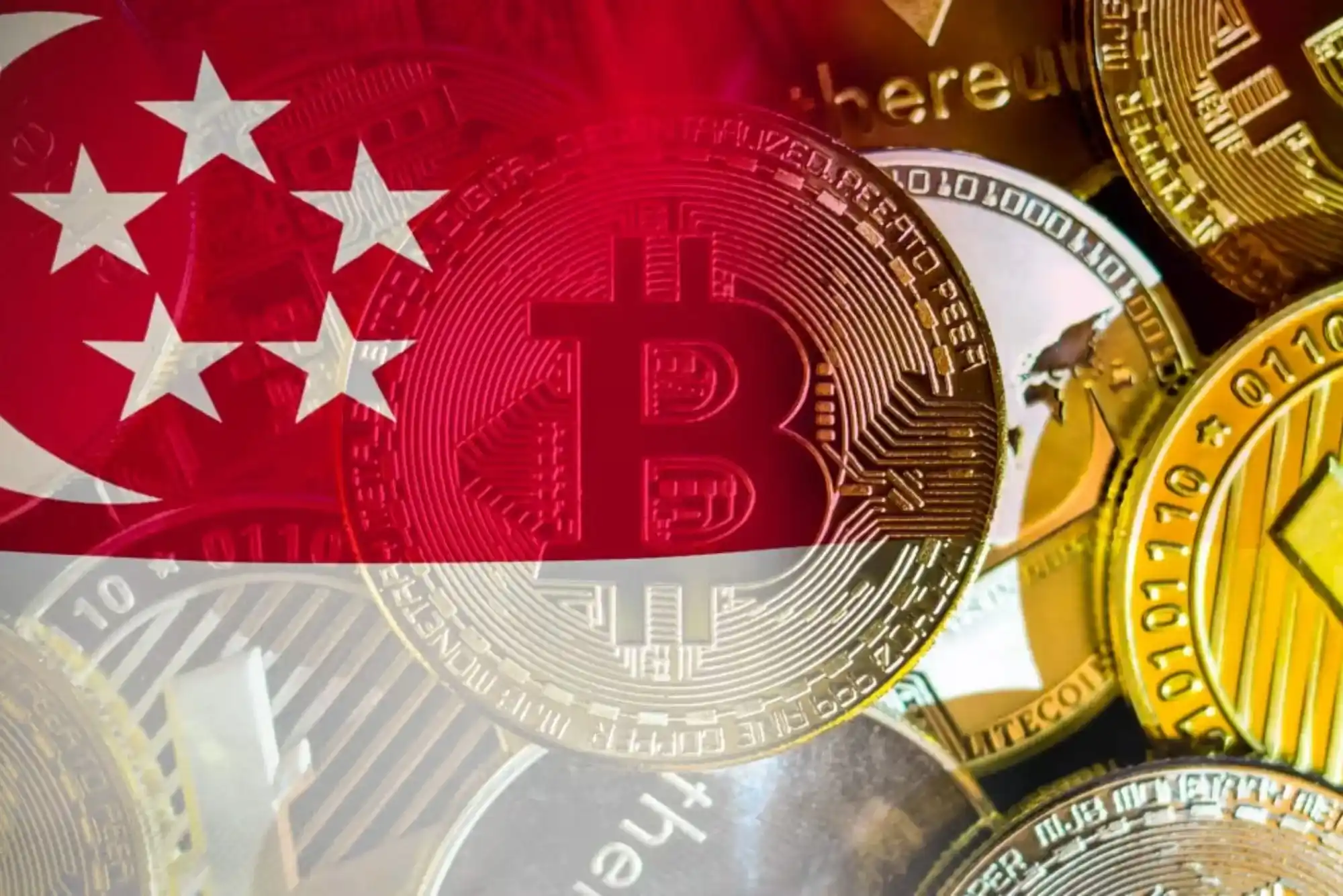Cryptocurrency has emerged as a revolutionary force in the global financial landscape, offering decentralized and borderless transactions. In the digital age, Singapore stands as a prominent player in the cryptocurrency market, renowned for its robust regulatory framework and forward-thinking approach. This article delves into the legality of cryptocurrency in Singapore, exploring its legal framework, regulatory environment, and the opportunities it presents for individuals and businesses.
Legal Framework for Cryptocurrency in Singapore
Singapore’s legal framework for cryptocurrency is characterized by its clarity, adaptability, and commitment to fostering innovation while ensuring financial stability and consumer protection. At the heart of this framework are regulatory bodies such as the Monetary Authority of Singapore (MAS) and the Inland Revenue Authority of Singapore (IRAS), which play pivotal roles in overseeing cryptocurrency-related activities and enforcing compliance with applicable laws and regulations.
The Payment Services Act (PSA), which came into effect in January 2020, serves as the cornerstone of cryptocurrency regulation in Singapore. Under the PSA, cryptocurrency-related activities are categorized as “Digital Payment Token Services,” and entities engaging in these activities must obtain the relevant licenses from the MAS. These activities include cryptocurrency exchange services, custody services, and digital payment token issuance.
One of the key objectives of the PSA is to mitigate money laundering and terrorism financing risks associated with cryptocurrency transactions. To this end, licensed cryptocurrency service providers are required to implement robust anti-money laundering (AML) and counter-terrorism financing (CTF) measures, including customer due diligence, transaction monitoring, and suspicious transaction reporting. By imposing these requirements , legel in Singapore aims to uphold its reputation as a global financial hub with strong regulatory standards.
Additionally, the IRAS regulates the taxation of cryptocurrency transactions in Singapore. Cryptocurrencies are treated as assets rather than currencies for tax purposes, and gains derived from cryptocurrency trading or investment are subject to taxation. Individuals and businesses engaged in cryptocurrency-related activities are required to report their income and pay taxes in accordance with Singaporean tax laws.
Singapore’s legal framework for cryptocurrency is designed to strike a balance between promoting innovation and safeguarding against potential risks and abuses. The MAS continuously monitors developments in the cryptocurrency market and updates its regulatory approach as necessary to address emerging challenges and opportunities. By providing regulatory clarity and a supportive environment for cryptocurrency businesses and entrepreneurs, Singapore has positioned itself as a leading destination for cryptocurrency innovation and investment in the Asia-Pacific region and beyond.
Is Cryptocurrency Legal in Singapore?
Cryptocurrency enjoys a favorable legal status in Singapore, with the government adopting a progressive approach towards its regulation. While not recognized as legal tender, cryptocurrencies are considered as assets and are subject to taxation under Singaporean law. However, individuals and businesses engaging in cryptocurrency transactions must adhere to regulatory requirements and report their activities to the relevant authorities. Despite the absence of specific laws governing cryptocurrencies, Singapore’s regulatory clarity and pro-innovation stance have attracted numerous cryptocurrency projects and businesses to its shores.
Regulatory Considerations
Creating your own cryptocurrency can be an exciting venture, offering opportunities for innovation and financial gain. However, navigating the regulatory landscape is essential to ensure compliance with Singaporean laws and regulations. Here are some key regulatory considerations to keep in mind when embarking on the journey to build your own cryptocurrency:

Licensing Requirements
Under Singapore’s regulatory framework, individuals and entities involved in providing cryptocurrency-related services, including the issuance of digital payment tokens, must obtain the appropriate licenses from the Monetary Authority of Singapore (MAS). Whether you are creating a cryptocurrency exchange platform, offering wallet services, or issuing digital tokens, it is crucial to understand and comply with the licensing requirements set forth by the MAS.
Anti-Money Laundering (AML) and Counter-Terrorism Financing (CTF) Measures
Compliance with AML and CTF regulations is paramount in the cryptocurrency industry to prevent illicit activities such as money laundering and terrorism financing. When building your own cryptocurrency, you must implement robust AML and CTF measures, including customer due diligence, transaction monitoring, and reporting of suspicious activities. By adopting these measures, you demonstrate your commitment to maintaining the integrity and security of your cryptocurrency platform.
Data Privacy and Security
As custodians of users’ sensitive information and assets, cryptocurrency service providers must prioritize data privacy and security. Compliance with Singapore’s Personal Data Protection Act (PDPA) is essential to safeguard users’ personal information and prevent unauthorized access to their funds. Implementing robust cybersecurity measures, such as encryption, multi-factor authentication, and regular security audits, can help protect your cryptocurrency platform from cyber threats and data breaches.
Regulatory Reporting and Compliance
Building your own cryptocurrency entails ongoing regulatory reporting and compliance obligations. You are required to submit regular reports to regulatory authorities, such as the MAS, and comply with their directives and guidelines. Failure to meet these obligations could result in regulatory sanctions, fines, or even the revocation of your license. Therefore, it is essential to stay informed about regulatory developments and ensure timely and accurate reporting to maintain regulatory compliance.
Transparency and Investor Protection
Transparency and investor protection are critical considerations when creating and operating a cryptocurrency platform. Providing clear and accurate information to users about your cryptocurrency, its features, risks, and terms of use fosters trust and confidence among investors. Additionally, implementing investor protection measures, such as disclosure requirements and dispute resolution mechanisms, can help mitigate risks and ensure a fair and transparent cryptocurrency ecosystem.
Opportunities and Challenges
The legalization of cryptocurrency in Singapore presents a myriad of opportunities for economic growth and innovation. Cryptocurrency adoption enhances financial inclusion, facilitates cross-border transactions, and fosters technological innovation. However, challenges such as regulatory uncertainty, cybersecurity risks, and market volatility persist. As Singapore continues to refine its regulatory framework and address emerging issues, the cryptocurrency industry is poised for sustained growth and development in the Lion City.
Singapore has established itself as a leading hub for cryptocurrency innovation and adoption, thanks to its clear regulatory framework and supportive ecosystem. While cryptocurrency is legal in Singapore, regulatory compliance remains paramount for individuals and businesses operating in this space. By understanding the legal landscape, adhering to regulatory requirements, and embracing innovation responsibly, Singapore’s cryptocurrency industry can continue to thrive and contribute to the nation’s digital transformation journey.




